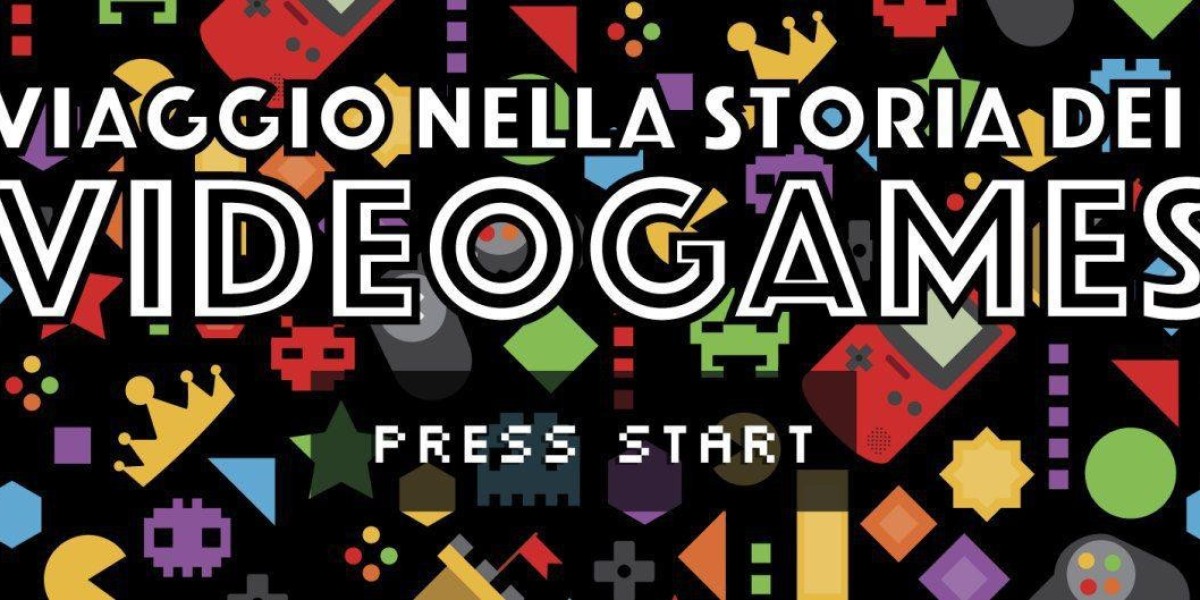That's the million or even billion dollar question. With all this money spent trying to find a cure for cancer, why is there still no cure?
Let's explore why is cancer difficult to treat, and why there are reasons for optimism.
Cancer is not a single disease
To understand why cancer is so difficult to cure, the most important thing to know is that cancer is not a disease. Instead, it is an umbrella term for more than 200 different diseases.
Each broad cancer type has many subtypes that look and behave differently because they differ at the genetic and molecular level. This is because cancer originates in our own cells, so each cancer can be as different and diverse as a person.
There are countless mutations
Cancer is caused by defects that appear in our DNA, the genetic material in our cells that carries all the information they need to function. These defects, called mutations, cause cells to grow uncontrollably. There are countless different genetic mutations behind more than 200 different cancers. Every cancer is caused by the accumulation of mutations, and as the cancer progresses, more and more different mutations accumulate.
This means that two people with the same broad type of cancer, such as cancer, can carry separate mutations. There are some more common types of mutations that can be tested to show whether certain treatments are appropriate. However, because of the diversity of mutations, a drug that works for one cancer patient may not work at all for another.
That's why we fund researchers like Dr. Diego Pasini in Italy, whose research project aims to understand why a particular mutation makes some cancers more likely to develop.








